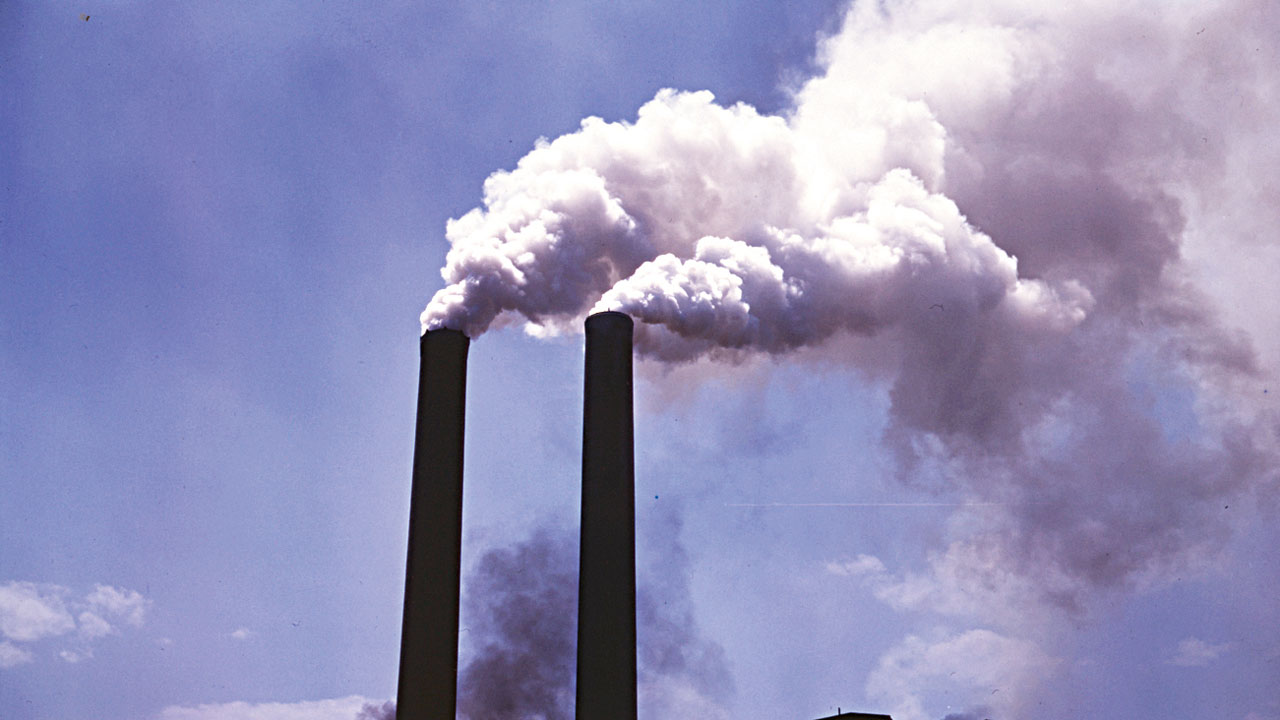Fossil fuels, which include coal, oil, and natural gas, have been the primary source of energy for human societies for centuries. However, the use of fossil fuels has come at a significant cost to the environment and human health. In this blog, we will explore the hazards associated with fossil fuels and their impact on our planet.

One of the most significant hazards associated with fossil fuels is air pollution. When fossil fuels are burned, they release a variety of harmful pollutants into the air, including carbon dioxide, sulfur dioxide, and nitrogen oxides. These pollutants contribute to the formation of smog and acid rain, which can have negative impacts on human health and the environment.
Carbon dioxide, which is released when fossil fuels are burned, is a major contributor to climate change. Climate change is one of the most significant global challenges we face today, and it is caused by the accumulation of greenhouse gases in the atmosphere. The burning of fossil fuels is the largest contributor to greenhouse gas emissions, accounting for approximately 75% of all emissions.
In addition to contributing to climate change, the extraction, transportation, and processing of fossil fuels can have significant negative impacts on the environment. For example, the mining of coal can result in the destruction of habitats and the pollution of waterways. The extraction of oil and gas can also lead to habitat destruction and water pollution, as well as the potential for oil spills.
Oil spills are one of the most visible and devastating hazards associated with fossil fuels. When oil spills occur, they can have significant impacts on marine life, as well as on the livelihoods of people who depend on the affected areas for fishing and tourism. The Deepwater Horizon oil spill in 2010, which released an estimated 4.9 million barrels of oil into the Gulf of Mexico, is one of the most significant oil spills in history.
The burning of fossil fuels also has significant impacts on human health. Air pollution caused by fossil fuels can contribute to respiratory problems, heart disease, and other health problems. In addition, the extraction and processing of fossil fuels can have negative impacts on the health of people who live near these operations.

Despite these hazards, the use of fossil fuels continues to be widespread. However, there are alternatives to fossil fuels that are cleaner and more sustainable. Renewable energy sources, such as wind and solar power, are becoming increasingly cost-effective and are already being used to power homes and businesses around the world. In addition, energy efficiency measures, such as better insulation and more efficient appliances, can help reduce the amount of energy we use and decrease our reliance on fossil fuels.
In conclusion, the hazards associated with fossil fuels are significant and far-reaching. From air pollution to climate change to oil spills, the impacts of fossil fuels on our planet and our health are clear. However, there are alternatives to fossil fuels that can help us transition to a cleaner, more sustainable energy future. By investing in renewable energy and energy efficiency, we can help create a healthier planet for ourselves and future generations.




